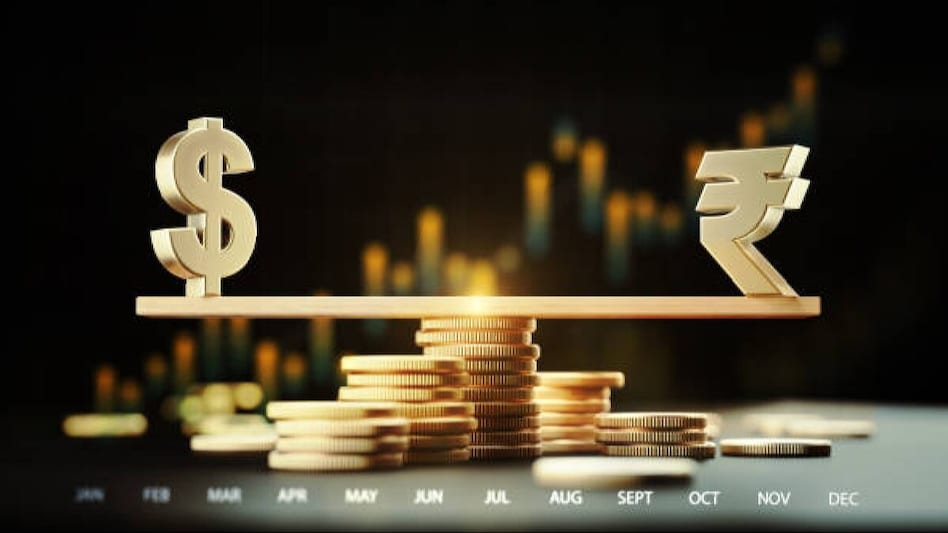The rupee trade mechanism has been initiated to facilitate trade in national currency with Russia, while Sri Lanka has included the rupee in its list of designated foreign currencies.
India has started trade in the rupee with neighbouring countries, including Nepal and Bhutan.
India is in the final stages of negotiations with many countries for settling trade in Rupee. Home minister Amit Shah, in an interview to the Economic Times, said the move will be a priority in the days to come, adding matters have been put on hold due to ongoing Lok Sabha elections.
It will be biggest way forward, he said.
Many countries are negotiating to start trade in rupee as the country’s fundamentals are strong and the Indian unit has been “mostly stable” against most of the international currencies, Finance Minister Nirmala Sitharaman had recently said.
“Indian Rupee being mostly stable against most of the international currencies except for the US dollar, where it had volatility. But even in that case, compared to many other currencies, the Indian rupee has been far more stable even against the US dollar. And therefore, you find countries today wanting to have trade relations built on rupee trade.”
Rupee invoicing became a buzzword post the July 2022 RBI circular that allowed invoicing, payment and settlement of trade (exports/imports) in Indian rupee.
India has started trade in the rupee with neighbouring countries, including Nepal and Bhutan. The rupee trade mechanism has been initiated to facilitate trade in national currency with Russia, while Sri Lanka has included the rupee in its list of designated foreign currencies.
India has a huge market size and has a population of middle class with purchasing power for whom they can produce. And that number of middle class by 2047 could be anywhere between 102 crore, Sitharaman added.
“India is being taken seriously only because the economy is a lot more stable now. Taxation policies are a lot more predictable, and systems are a lot more transparent… We have received the highest FDI beyond USD 600 billion and our reserves are also matching… Economic fundamentals being absolutely stable and strong, which gives us the position that people take us seriously, want to engage with us and we are willing to listen to the suggestions given by India,” she noted.
Apart from lowering transaction costs, price transparency, quick settlement time, reduction in hedging expenses, reduced cost of holding foreign reserve by the RBI, this will also help in the internationalisation of the rupee.










